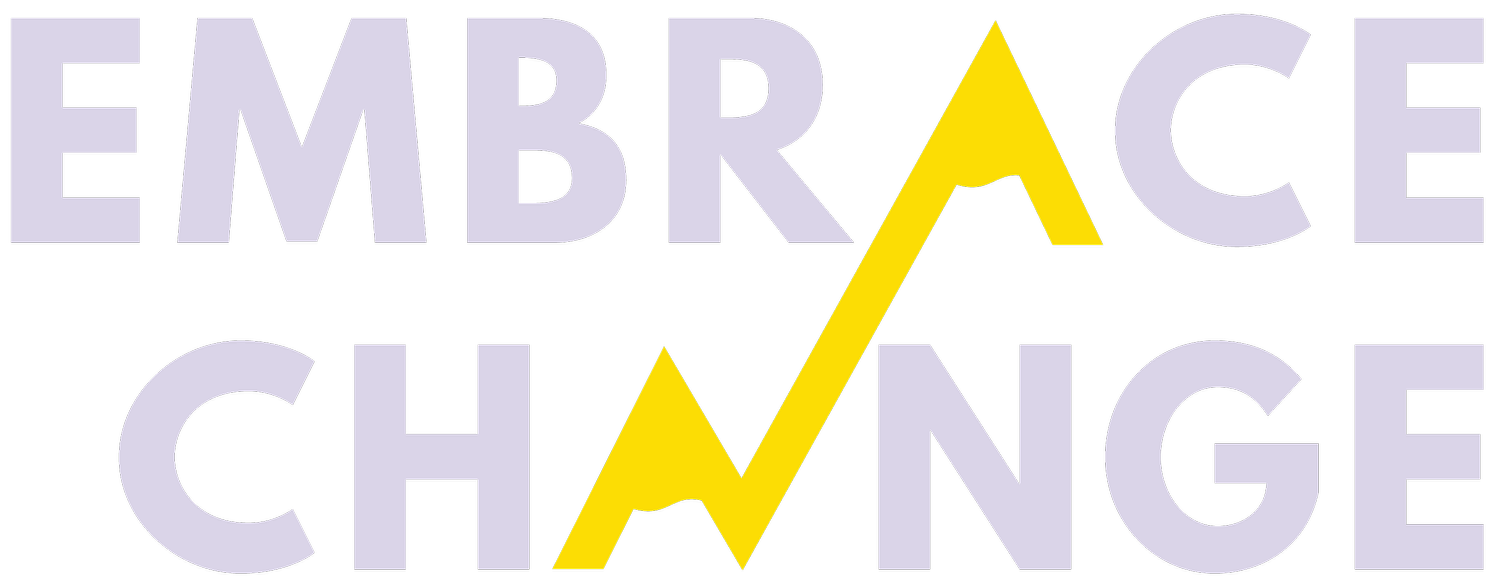The Ingredients of Effective Mentorship: A 5-Part Recipe for Success
One of my viewing pleasures is the Junior Bake Off. This Netflix spinoff from the Great British Bake Off tests the baking skills of self-taught home baker contestants. Each week, the weakest baker is eliminated until a winner is crowned. The champion is presented with an engraved glass cake stand, and now has bragging rights. While the contestants on the GBBO are adults, children ages 7-16 compete on JBO. I’m always amazed at what they can create.
As I watched this season’s competition, I found myself enamored with one of the contestants, a 13-year-old Black girl from London, named Kezia. My gravitation towards her could be explained by the close similarity in our names, Kezia/Kesia, but I also realized she reminded me of my younger self - inquisitive, aspirational, self-motivated and confident.
JBO’s hosting duo consisted of Liam Charles, a GBBO alum, and Rav Gill, a pastry chef. Together they select weekly challenges to test the contestants, taste and critique the dishes, offer advice and choose who will be that week’s coveted Star Baker and who unfortunately must leave the baking tent. As they visit each baker’s work station, Liam and Rav will chat with them about the particular recipe they are making, and offer words of encouragement.
While all of them shared very creative design ideas, Kezia’s were always more intricate. During one episode, a particular showstopper challenge called for making a meringue tower that celebrated fruit. While her fellow competitors settled on using two to three fruits in their recipes, Kezia’s called for a jaw dropping nine layers of meringue and ten different types of fruit! The judges and I were stunned! I actually sat up on the couch and implored “Kezia dial it back. You’re doing too much!”
And no sooner than I said that, I had an epiphany. I was wrong!
Which led me to distill my perspective on effective mentoring into 5 key principles.
#1 There is no reward without trying.
You see, I was so fixated on wanting Kezia to win that I (and the judges) was trying to change who she was. I wanted her to play it safe in order to get across the finish line, but Kezia had shown that she wasn’t afraid to take risks. She knew that the JBO title was at stake but without taking some risks and challenging herself she wouldn’t have a chance to win it. I had forgotten one of my coaching principles, don’t be afraid of trying.
You’ve probably heard the saying “don’t be afraid to fail,” or as they say in the entrepreneurial ecosystem, “fail fast.” Failure has such a negative connotation that we do everything in our power to avoid it. It signifies an undesirable ending, where no further action will be taken.
And that last part is key, “where no further action will be taken.”
As an entrepreneurial coach, I work with my students on reframing failing to trying.
You can’t avoid failing.
No one is perfect and inevitably you will experience a situation where something goes wrong.
You can’t let the fear of getting something wrong keep you from trying different things or approaches. If you do, you’ll remain stagnant.
What can you learn from an unexpected or unintended outcome that you can leverage next time to minimize the risk? And move you closer to your goal?
Kezia knew there was no reward without assuming some risk and trying. She consistently challenged herself. The judges constantly cautioned her about doing too much, and each time Kezia would agree that she had taken on far more work than was probably necessary and then she would set about the task of trying to get it done. Sometimes she was more successful than at others. It left the judges equally exasperated and impressed.
#2 Don’t limit them based on your own fears.
While watching the series, I started to think about the youth I coach and whether or not I was supporting or blocking their growth. The mentor/mentee relationship is a delicate one. As a mentor, you’re there to help this individual develop talent and advance. And the mentee learns from your experiences and knowledge. While you may have had similar experiences as your mentee, you have to be careful not to limit them based on your own fears, experiences and skills.
On Day 1 of the competition, for the very first showstopper challenge, Kezia chose to make a swiss meringue buttercream icing, which is far more difficult than the classic buttercream icing everyone else was doing. She had made it before but had not practiced it within the time limit. Rav commented “You are being super ambitious. You’re going to get it done, right? I didn’t learn how to make swiss meringue buttercream until I was 21.”
#3 Whose voice should they listen to?
A comment like this could have derailed Kezia had she struggled with low self-confidence. Here was Rav, an accomplished pastry chef, telling her that she was being overly ambitious and she really needed years of training to make a proper swiss meringue buttercream. What Kezia heard was: Rav recognizes how hard I am working and that I am not afraid to try advanced techniques. She is really impressed that I can do this at my age.
As mentors, we have to be cognizant of how we give constructive criticism. What you say and how you say it matters. Your words and actions will influence your mentee’s actions, and may result in outcomes that are contradictory to your intended advice, depending on how the mentee receives it.
It is our responsibility to help our mentees navigate pitfalls, leverage their strengths and improve their areas of weakness. Sharing our insight and experiences is expected, but it has to be done in a way that doesn’t project our apprehensions, limitations and biases on them. If you are the voice of experience and authority, does the mentee then silence the voice, her voice, that is confidently telling her she can do it––because you couldn’t under similar circumstances? Who does she listen to? How does she choose? It can make for a frustrating experience.
#4 Meet them where they are.
When it comes to mentoring there isn’t a one-size-fits-all approach. See her as an individual, and learn what motivates her. We have to meet her where she is. Find out from her how she prefers to be encouraged. If she is lacking confidence, help her set a goal and then create a step-by-step plan that affirms her skills and capabilities. Working with a Kezia? Nurture her strong self-confidence through opportunities that allow her to test and develop her talents.
#5 Use doubt as a motivator.
As I said, watching Kezia reminded me of myself at that age. No, I didn’t possess impressive baking skills, but like her I had an unbridled curiosity and confidence that would not be limited by anyone else’s biases. And like her I had some well-meaning, and not so well-meaning, adults try to coach me by imposing constraints on my aspirations. And like Kezia, I used their doubts as fuel to propel me forward.
Nowadays, I receive inquiries from people interested in working with my budding entrepreneurs. Many want to be mentors, but few truly know how. In order to ensure the most impactful experience for both mentee and mentor, I vet and train all interested mentors on my best mentor practices, including these five principles. That crucial step has resulted in far more rewarding and beneficial engagements.
I won’t tell you how Kezia did in the competition. No spoiler here, in case you want to watch the show, which I encourage you to do so.
Kesia Hudson
Kesia Hudson is an entrepreneurial coach who specializes in early-stage startups. She’s in her element when working with founders from underrecognized groups to activate the power of entrepreneurial possibility and financial liberation.



